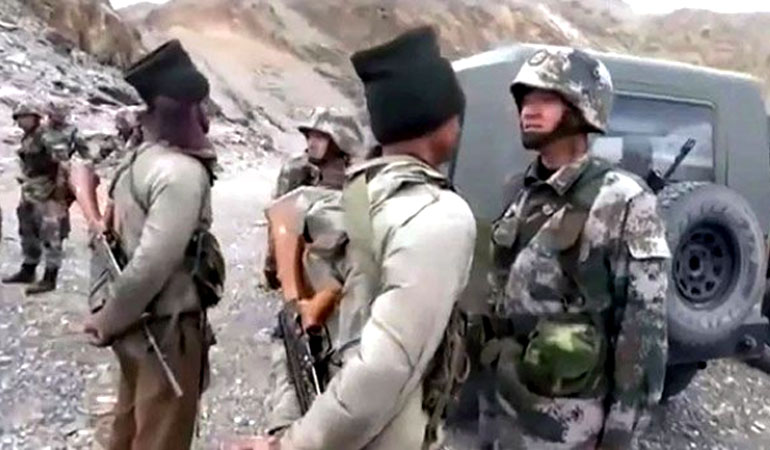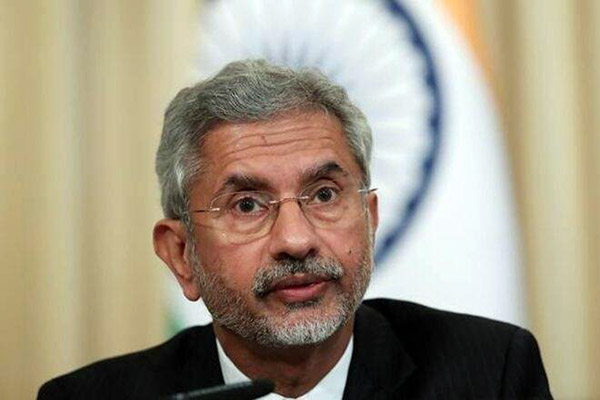
(TibetanReview.net, Nov20’21) – Ahead of military-level talks on the border stand-off which remains stalemated, India’s external affairs minister Mr S Jaishankar has made it clear that good relations with China depended on good neighbourliness. He has thereby rejected China’s position that the border dispute need not hold back normalization of relations in other areas of ties between the two countries.
“I don’t think the Chinese have any doubt on where we stand on our relationship and what’s not gone right with it. I’ve been meeting my counterpart Wang Yi a number of times. As you would have experienced, I speak fairly clearly, reasonably understandably (and) there is no lack of clarity so if they want to hear it, I am sure they would have heard it,” Jaishankar has told a panel discussion at the Bloomberg New Economic Forum in Singapore.
“We are going through a particularly bad patch in our relationship because they have taken a set of actions in violation of agreements for which they still don’t have a credible explanation and that indicates some rethink about where they want to take our relationship, but that’s for them to answer,” he has said.
The minister did not indicate any resiling from the Indian demand that ties cannot move towards normalisation as long as the borders are unsettled despite suggestions in some quarters that there may be a need for rethink now that Xi has further consolidated his powers, noted the timesofindia.com Nov 20.

Referring to India’s growing ties with the USA, Jaishankar has said Washington is today a much more flexible partner, much more open to ideas, suggestions and working arrangements than in the past.
“I think this reflects a very different kind of world…” he has said.
Rejecting suggestions that the US is a declining power with China being out to supplant it as “ridiculous”, Jaishankar has said, “It’s clear China has been expanding. But the nature of China, the manner of its growing influence is very different. And we don’t have a situation where China necessarily replaces the US. There are also a lot of other countries, including India, which have come much more into play. There’s been a rebalancing in the world.”
He has said the world is changing, but “it is certainly not unipolar and it is not really, really bipolar either. There are many more players. A lot of what we are doing in terms of repositioning, working with countries, (it) is multipolar work.”
“In a sense, it is partly a hedging strategy, partly autonomous partnership, often very issue based (as) we work with different countries on different sets of issues,” he has added.





